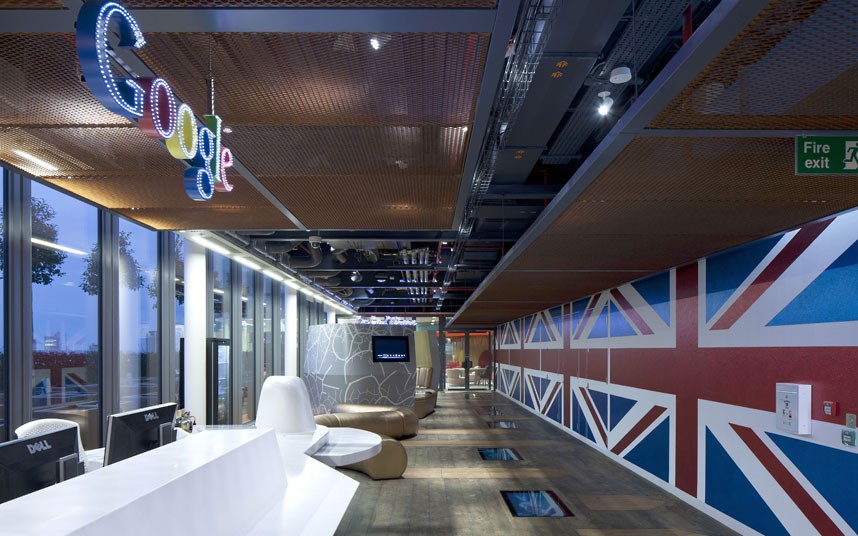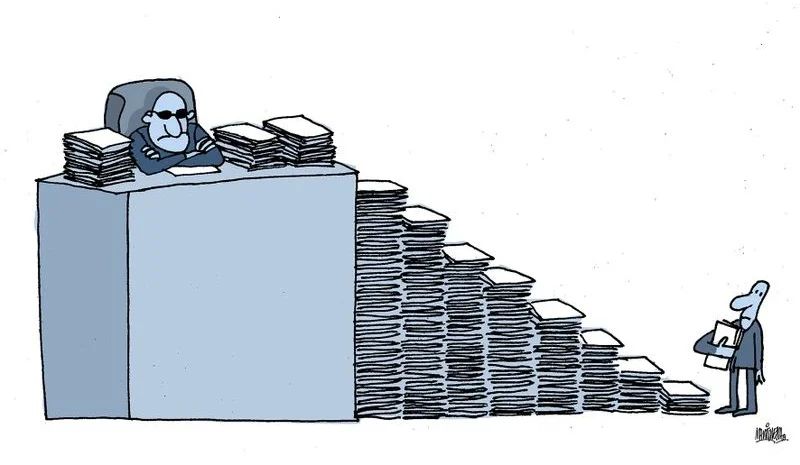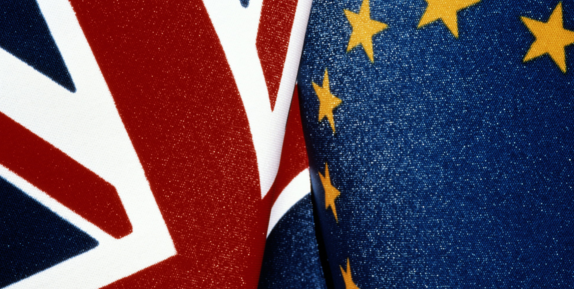My car insurance is due soon. I hadn't kept up with all the arcane ways that EU legislation affects UK business, but being curious about whether women still get cheaper car insurance than men on grounds of being statistically safer drivers who have fewer accidents, I looked online and found this:
The European Court of Justice (ECJ) has ruled that the long-established practice of setting insurance prices according to gender is illegal discrimination. The Court's decision forced members of the European Union to introduce a ban on gender-based pricing.
So, in basic terms, car insurers used to yield to market-based risk calculation (using a reliable tool called actuarial mathematics) and offer statistically safer drivers cheaper premiums (perfectly sensibly, in my view). Then the EU decided that it's much better to ignore all this data and assent to a spurious anti-unfair-discrimination policy, while failing to see the irony that in penalising statistically safer people for purposes of parity they are unfairly discriminating against safer drivers. This is beyond absurd. The primary measure of unfair discrimination in actuarial analyses is not treating different people differently, it is treating different people the same. Women are statistically safer drivers than men, which means they are cheaper customers, which means to increase their premium to the same as men is to unfairly discriminate against women.
The reasons why women are safer drivers are well known. Women are, on average, less likely to have fast cars, they drive fewer miles, they drive slower, they take fewer risks, and they are less aggressive than men. Giving women a lower premium based on those facts amounts to a simple and rational statistical evaluation of risk. The same is true of other considerations too - age, post code, miles per year, type of car, and so forth - each of these are important factors in risk evaluation, and the ECJ should leave well alone. The free market is the best tool for eradicating unfair discrimination in business, because pretty much any time a company decided to discriminate against women, black people, gay people, tall people, fat people, or whomever, they would pay for it with a reduction in profits*.
Of course, we know the probable motive in the ECJ's equalisation of gender - it is to guard against people with identical data having different premiums based solely on gender. But that misses the whole quintessence of how competition works in the free market. Suppose we have Jack and Jill, who are the same age, with the same car, same post code, and driving the same miles per year - the ECJ would have it that they should be given equal premiums because to do otherwise would be to discriminate on the only variable factor - gender.
But that is not what happens - while the data picks up facts like age, car type, post code, and miles per year, it doesn't account for those significant differences - speed of driving, risk-taking, aggression and other factors of mentality behind the wheel that make women more likely to be safer and have fewer accidents, and better candidates for cheaper premiums. The ECJ is guarding against the general being applied to the particular - but this is part of what makes competitive business healthy. In a free market we can work under an assumption of cheaper insurance premiums for a safer driving record at the individual level anyway - so it's a law that only actually compounds what already happens.
But we can extend far beyond that too - competing firms can solicit new custom by offering deals to acquire that custom. This proves very effective in the insurance market: some providers specialise in good deals for modified cars (like my modified Subaru), some specialise in good deals for women, some specialise in good deals for the elderly, some for first time drivers, and so on. Insurance companies have asymmetry of information when it comes to those vital premium-changers - they have transparency with data like age, post code, miles per year, type of car - but they don't have anything like the same transparency with things like speed of driving, risk-taking, aggression and other factors of mentality behind the wheel - which is where the actuary matters.
A company that's free to offer deals for women is acting on probability related to those invisible factors - but that also means women are free to look for insurers sensitive to such data, as are Subaru drivers, as are the elderly, and so forth. That's how beautifully the market for insurance rewards this innovation. If women are consistently safer, then they are consistently on average cheaper customers, which rewards those companies that are prepared in response to lower the premium for women. But if the data is spurious and women are less consistently as safe as the premium indicates then those same companies will incur a loss and adjust their women-favoured premiums to accord with that. It's a hugely efficient system that the ECJ hasn't properly factored into its considerations.















